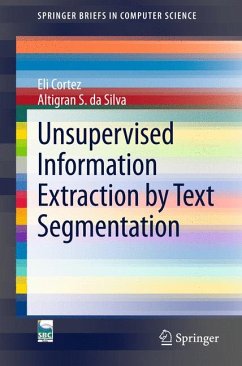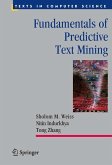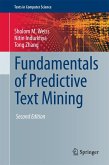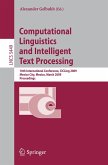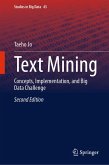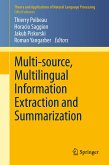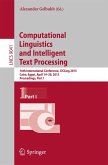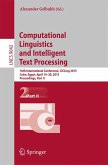ONDUX (On Demand Unsupervised Information Extraction) is an unsupervised probabilistic approach for IETS that relies on content-based features to bootstrap the learning of structure-based features. JUDIE (Joint Unsupervised Structure Discovery and Information Extraction) aims at automatically extracting several semi-structured data records in the form of continuous text and having no explicit delimiters between them. In comparison with other IETS methods, including ONDUX, JUDIE faces a task considerably harder, that is, extracting information while simultaneously uncovering the underlying structure of the implicit records containing it. iForm applies the authors' approach to the task of Web form filling. It aims at extracting segments from a data-rich text given as input and associating these segments with fields from a target Web form.
All of these methods were evaluated considering different experimental datasets, which are used to perform a large set of experiments in order to validate the presented approach and methods.These experiments indicate that the proposed approach yields high quality results when compared to state-of-the-art approaches and that it is able to properly support IETS methods in a number of real applications. The findings will prove valuable to practitioners in helping them to understand the current state-of-the-art in unsupervised information extraction techniques, as well as to graduate and undergraduate students of web data management.
Dieser Download kann aus rechtlichen Gründen nur mit Rechnungsadresse in A, B, BG, CY, CZ, D, DK, EW, E, FIN, F, GR, HR, H, IRL, I, LT, L, LR, M, NL, PL, P, R, S, SLO, SK ausgeliefert werden.
"Cortez and da Silva discuss the problem of information extraction ... . this book is most beneficial to researchers familiar with information extraction. ... The book and the individual chapters are well organized and reasonably easy to follow, with just enough technical details to understand the functioning of the methods and systems described." (Franz Kurfess, Computing Reviews, April, 2014)

